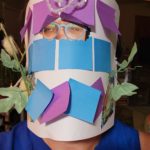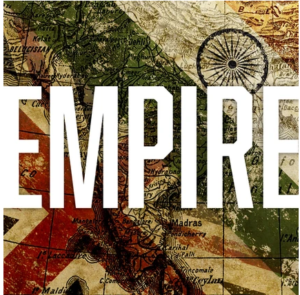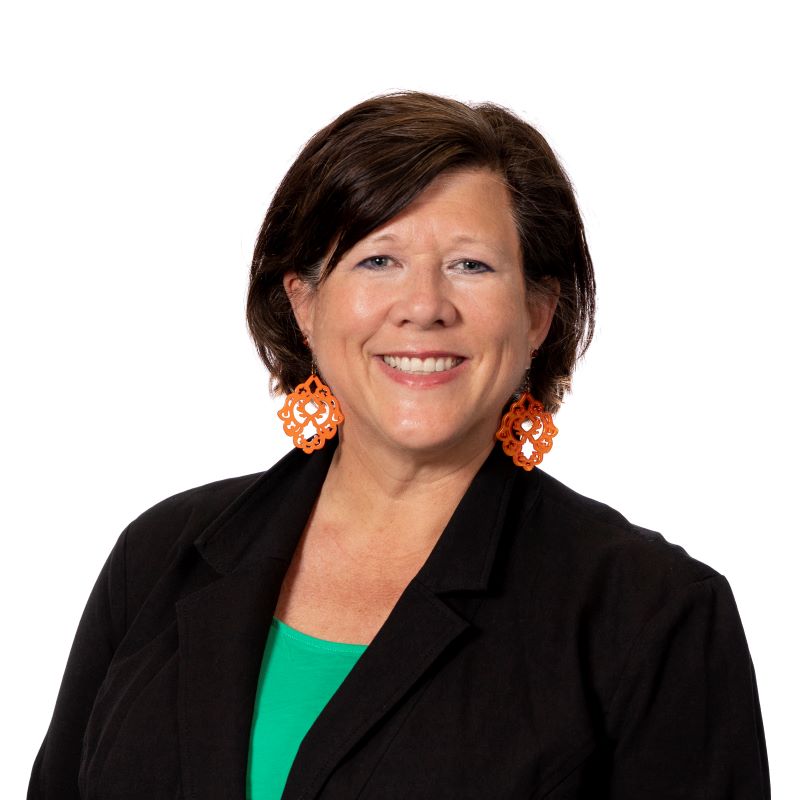
PhD student in Innovation in Global Development
School for the Future Innovation in Society
Arizona State University
Dissertation Research: Conceptualizing National Identity through Digital Storytelling with Moldovan youth.
Why did you apply to HASTAC?
I applied to HASTAC Scholars to participate in a community that supports interdisciplinary studies and the transformation of higher education as a way to learn and listen from others about their ideas and to share my knowledge and interests.
I am in a new phase of my career journey and am looking for ways to connect to more individuals that are in the academic world, specifically with interests in the digital humanities. The ability to talk with people from a variety of backgrounds and disciplines helps me to understand the world better and to clarify how I may contribute to the knowledge about digital humanities.
What has been your favorite course so far as an instructor or student? Why?
Most likely, like most of you, I am passionate about all of the courses that I take and have had many amazing professors over the years. One that stands out and that I hope more people become interested in was a course that taught ASU Professor of Dance, Liz Lerman‘s Critical Response Process.
The process is about agency for the creator and building dialog instead of the typical review process that starts with people saying if they liked something or questions that are really based on their opinion instead of curiosity.
It was a course that taught the process and used the process each week. We moved, we talked, we pondered, we wrote, and we shared in different ways each week. The course blended graduate students from all over the university: dance, education, business, graphic design, history, English literature, and me: Global Development.
While taking the course, I started taking more time thinking about the questions that I wanted to ask and pushing myself to share works in progress, rather than last drafts. I find that the process is related to so many things that I do; from work, to school, to friends and family. I think of the conversations of the past that did not go well and how this might have changed that. I think of relationships with people that I am challenged by and how this process could help ease the discussions that I have with them. I highly recommend checking out the site or picking up the books; it will change the way you approach your interactions.
What do you want to do after you graduate?
My personal goals are to continue to support the transformation of the global development system to be based on co-design and community-led development. I am focused on helping others to understand the past and future implications of technology on communities and providing practical and fact-based insights for policies and programs that impact the economic, political, and social development of those communities.
My career aspiration is to lead and oversee development interventions that support self-reliance, sustainability, and cross-cultural understanding. My work may include roles in the US Federal Government or International NGOs.
While my career will focus on human development, I am an environmentalist. I will always work to inspire sustainable living practices within my community through education and advocacy, aiming to reduce our collective environmental impact and preserve the planet for future generations. Through everyday actions and engagement, I strive to foster a deeper appreciation for nature and continually evaluate my daily choices to reduce my ecological footprint.
What’s something that people would be surprised to know about you?


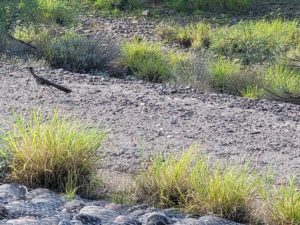
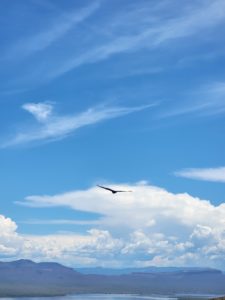
There are probably many things that people would be surprised to know about me, but I thought instead I would share a story that I plan to evolve into a digital story.
I moved to the desert a little more than three years ago, there are not many trees. I love trees. Many times, in the past, I would find refuge in the trees, walking, exploring, breathing, feeling connected to the world. How can I do that in a place where there are no trees. I live near a river, Rio Saldo, Salt River; while it is bountiful in parts due to the dams built, there are areas less so. There is this amazingly wide walkway that stretches on both sides of the riverbed, enough room for several people to walk and bikes or scooters to pass by. I walk there most days, early in the morning before the heat kicks in.
On some mornings, I’ll see road runners or bunny rabbits scurrying along, I always wish them well on their journey. And towards the end of my walk, I find the part of the river where all the birds congregate, white egrets, blue herons, ducks and many other birds whose names I don’t know. I always pause and watch there. Watching a bird soar through the air, always reminds me that we are just passing through and just as that bird is perfect in itself, so am I. Whatever is of concern, I can deal with it. It shall pass. The key to life is being connected to myself, to others, to this beautiful planet that we are on.
What are some things that you wish you had known before you got into graduate school?
Advice that I always give for any new experience is to know why you are there and what you want from the experience. When times are challenging or if difficult decisions have to be made, this will ground you and help you. I keep several index cards on my desk that I read when I am feeling overwhelmed or uncertain. I remind myself why I am doing what I am doing and that staying present and taking things step by step will move me forward.
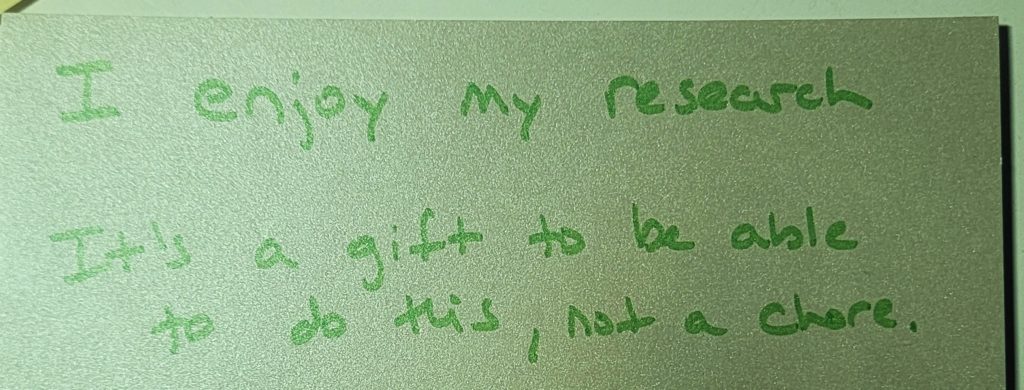
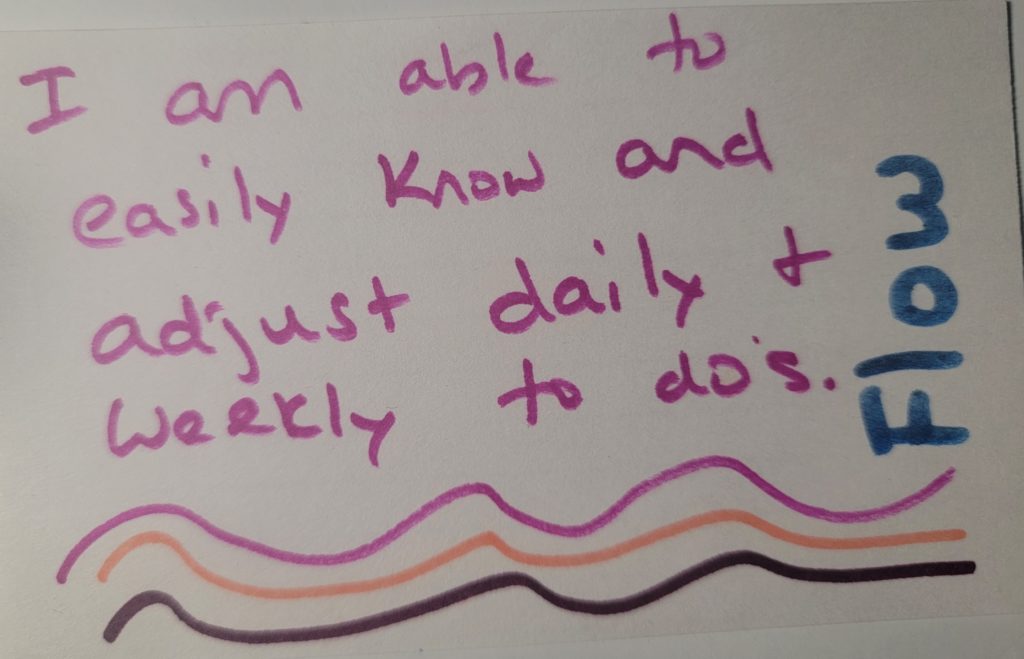
And specifically for graduate school, take some time to figure out how to organize your reference materials and the notes that you take. Make it something that fits your style and is easy to follow along when you feel swamped with readings and notes. I use Zotero and Scrivener now.
How do you envision HASTAC and higher education in 10 years? Where do you fit in?
In 10 years, the academic world will still inspire, build minds, and investigate the world, and will be constantly adapting and adjusting to the new opportunities and capabilities that technology will bring. I believe that associations play a crucial role in supporting academics in this fast-paced, interdisciplinary world. HASTAC is one of the amazing spaces that allows scholars from diverse backgrounds to come together to exchange ideas, share research findings, and engage in interdisciplinary dialogue. This was one of the benefits that supported me as I was able to practice presentations and test out ideas with other HASTAC scholars that provided me invaluable feedback. Life is about relationships, the more we talk to each other, the more we share and discuss, the better our lives
How does digital scholarship fit into your research or teaching?
In June of 2022, I attended my first StoryCenter Digital Storytelling workshop. There were six of us attending, all from various backgrounds connected by our desire to learn how to produce digital stories in order to create a more just and sustainable world. Using a story circle method, we shared our stories several times to receive feedback and discuss ideas, and then on the last day, we shared our final digital stories. My digital story was about finding my voice and participating in my community.
After three days, I felt like I had known the other participants for years. Through this process, we found an engaged audience to hear our story, empathy for each storyteller and the challenges they face, and common themes in our stories. We saw the power of words combined with images and how modern technology makes this process even more accessible. This confirmed for me that I wanted digital storytelling to be a component of my research.
Moving to today, my academic work in Global Development will use digital storytelling in my dissertation research.
What do you hope to accomplish with your research or teaching?
I will support storytelling platforms as a means for communities to share their experiences and provide feedback. Digital communication tools provide a way for individuals to share their own narratives about their culture and identity and change the discourse about their communities. Sharing stories is also a means to develop agency in individuals and may increase their capability of expressing their needs. And for everyone regardless of their access to digital communication tools, awareness of dignified storytelling will ensure that stories told by others reflect the narratives that people would like to be shared about themselves and will uphold the dignity of all people. Having this depth of information from stories allows organizations to make better decisions and adjust services to meet the needs of their clients.
In addition, I will support the inclusion of digital storytelling as qualitative evidence in monitoring and evaluation systems. Digital storytelling is complementary to quantitative data by capturing qualitative insights, emotions, and personal experiences, enriching the understanding of intervention impacts beyond numerical metrics. It offers a human-centered approach that contextualizes quantitative data, providing a more holistic and nuanced portrayal of outcomes, which can enhance the credibility and depth of evidence for monitoring and evaluation purposes.
What are you currently reading, watching, or listening to?
I have greatly enjoyed the Empire podcast series, hosted by William Dalrymple and Anita Anand. I listened to the second season about the Ottoman Empire to gain some background for a course paper. This gave me another view of the world and more insight into some of the current issues in the world today.
I am now on the third season: The History of Slavery Empire.
Here is the first set of books in my to read this summer list.


